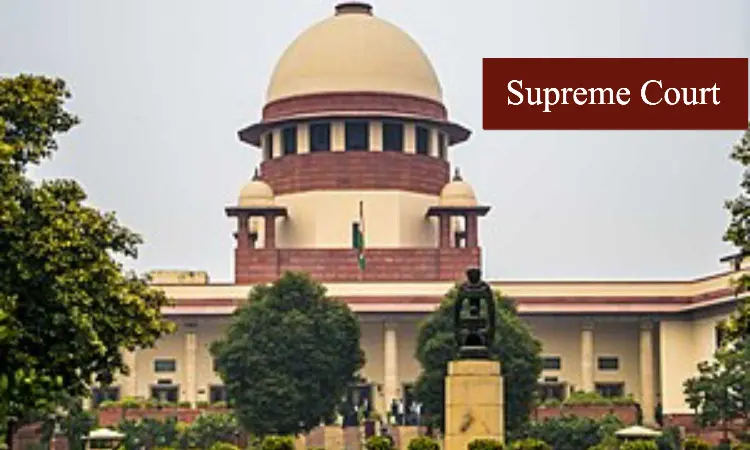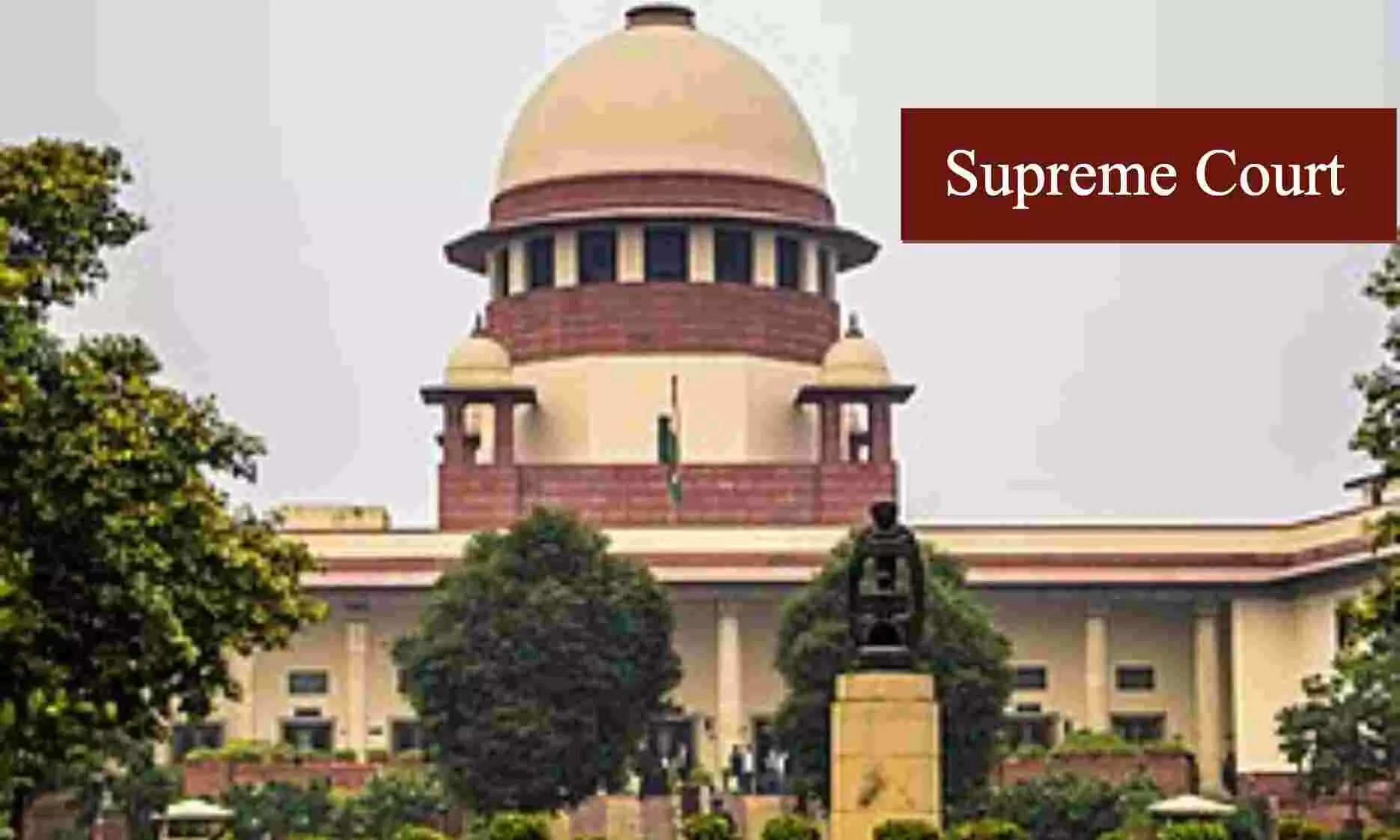- Home
- Medical news & Guidelines
- Anesthesiology
- Cardiology and CTVS
- Critical Care
- Dentistry
- Dermatology
- Diabetes and Endocrinology
- ENT
- Gastroenterology
- Medicine
- Nephrology
- Neurology
- Obstretics-Gynaecology
- Oncology
- Ophthalmology
- Orthopaedics
- Pediatrics-Neonatology
- Psychiatry
- Pulmonology
- Radiology
- Surgery
- Urology
- Laboratory Medicine
- Diet
- Nursing
- Paramedical
- Physiotherapy
- Health news
- Fact Check
- Bone Health Fact Check
- Brain Health Fact Check
- Cancer Related Fact Check
- Child Care Fact Check
- Dental and oral health fact check
- Diabetes and metabolic health fact check
- Diet and Nutrition Fact Check
- Eye and ENT Care Fact Check
- Fitness fact check
- Gut health fact check
- Heart health fact check
- Kidney health fact check
- Medical education fact check
- Men's health fact check
- Respiratory fact check
- Skin and hair care fact check
- Vaccine and Immunization fact check
- Women's health fact check
- AYUSH
- State News
- Andaman and Nicobar Islands
- Andhra Pradesh
- Arunachal Pradesh
- Assam
- Bihar
- Chandigarh
- Chattisgarh
- Dadra and Nagar Haveli
- Daman and Diu
- Delhi
- Goa
- Gujarat
- Haryana
- Himachal Pradesh
- Jammu & Kashmir
- Jharkhand
- Karnataka
- Kerala
- Ladakh
- Lakshadweep
- Madhya Pradesh
- Maharashtra
- Manipur
- Meghalaya
- Mizoram
- Nagaland
- Odisha
- Puducherry
- Punjab
- Rajasthan
- Sikkim
- Tamil Nadu
- Telangana
- Tripura
- Uttar Pradesh
- Uttrakhand
- West Bengal
- Medical Education
- Industry
SC raises concerns over High-risk Label for Transgender blood donors

Supreme Court of India
New Delhi: The Supreme Court on Wednesday expressed concern over the labelling of the entire community of transgenders as "risky" blood donors. The court urged the Centre to address these concerns and reconsider the blanket restrictions.
"Are we going to brand all transgenders as risky and stigmatise them. You cannot say that all transgenders are indulging in sexual activity," said a bench of Justices Surya Kant and N Kotiswar Singh. The apex court was hearing a petition challenging the constitutional validity of Sections 12 and 51 of the Blood Donor Guidelines, 2017, which has imposed a blanket ban on transgender persons from donating blood.
The Petitioner, who is a member of the transgender community, is filing the present Writ Petition in public interest, on behalf of all transgender persons, challenging constitutional validity of the Guidelines on Blood Donor Selection and Blood Donor Referral, 2017 dated 11.10 2017 issued by the National Blood Transfusion Council (NBTC) and National Aids Control Organization (NACO), Ministry of Health and Family Welfare, Government of India which permanently defers transgender persons, female sex workers and men having sex with men, from donating blood and being blood donors.
Hence, the Petitioner is filing the present public interest litigation praying for issuance of writ/ writs, order, direction, writ being in the nature of declaration, declaring clause 12 of general criteria under Blood Donner Selection Criteria of the Guidelines for Blood Donor Selection and Blood Donor Referral, 2017 dated 11.20.2017 to the extent it permanently excludes transgender persons, men having sex with men and female sex workers from being donors.
The petition also challenged guidelines issued by the National Blood Transfusion Council (NBTC), which prevented transgender persons, men having sex with men (MSM), and female sex workers from donating blood for being at "high risk" for HIV, Hepatitis B or C infections. Additional Solicitor General (ASG) Aishwarya Bhati, appearing for Centre, said that the guidelines are not intended to stigmatise anyone but have been prepared by NBTC, which comprises doctors and experts, with a scientific temper and keeping public health and welfare in mind, reports ANI.
To this, the bench remarked that it was worried about the element of discrimination against transgenders and that they have been isolated and excluded. "Just think of something that such feeling does not come, and health standards are not compromised," said the bench as it gave time to the Centre to address transgenders concerns of discrimination without compromising on medical precautions.
The apex court said that with changing times, new technologies have emerged, and there could be a way out to ensure any possibility of infections is checked and contained. Already transgenders suffer from severe biases and prejudices, does these guidelines not further it, said the bench. ASG Bhati assured the bench that she will raise the court's suggestion to the experts. Bhati also apprised the bench that once blood is donated, it goes directly to the blood banks, and there are vulnerable persons, such as thalassemic patients, who entirely depend on blood banks.
Sanchari Chattopadhyay has pursued her M.A in English and Culture Studies from the University of Burdwan, West Bengal. She likes observing cultural specificities and exploring new places.




